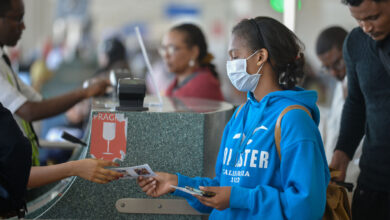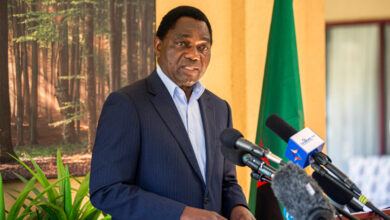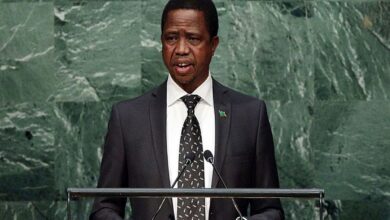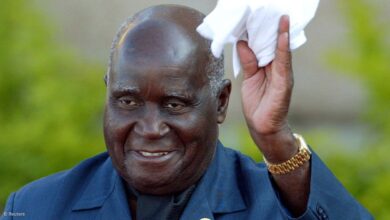Zambia
Zambians Begin Voting In Tense Presidential & Parliamentary Polls Amid COVID-19 Pandemic
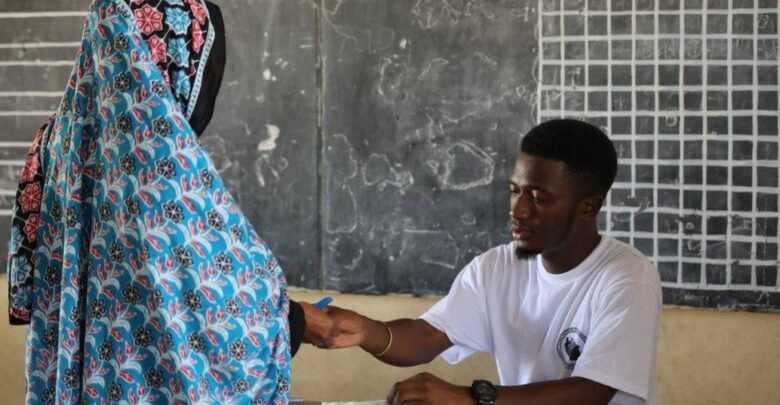
Zambians began voting on Thursday to choose the country’s new president after a tense campaign dominated by economic woes and the impact of the coronavirus pandemic, reported Reuters.
The polls opened at 6 am (04:00 GMT) on Thursday and will close 12 hours later at more than 12,000 voting stations across the vast country. Approximately seven million Zambians are registered to vote for a president, legislators, and local government representatives in the polls.
Sixteen candidates are vying for the president’s post, but the frontrunners are incumbent Edgar Lungu, 64, and, business tycoon Hakainde Hichilema, 59, who are facing off at the polls for the third time. Hichilema, who is running for the sixth time, is backed by an alliance of 10 parties.
Lungu came to power in 2015 to finish the term of President Michael Sata who died in office. He was then elected to a full five-year term in 2016.
Hichilema lost to Lungu in a 2015 by-election after the death of ex-President Michael Sata and then in general polls the following year.
President Lungu was among the first people to vote in the capital Lusaka. After casting vote at a school in Chawama, he told reporters that “Zambians are ready to vote and they come in numbers”.
The Zambian president has already deployed the army in the country following clashes between the rival supporters in the run-up to presidential and parliamentary polls. Critics denounced the unprecedented move as a tactic to intimidate opposition voters.
On Tuesday, Antonio Mwanza, the Patriotic Front (PF) party spokesman, claimed that the opposition is using violence to undermine the electoral process and to intimidate people so they do not turn out in numbers to cast ballots.
Notably, there will be a second round of voting if none of the candidates get more than 50% of the votes cast in this election.


